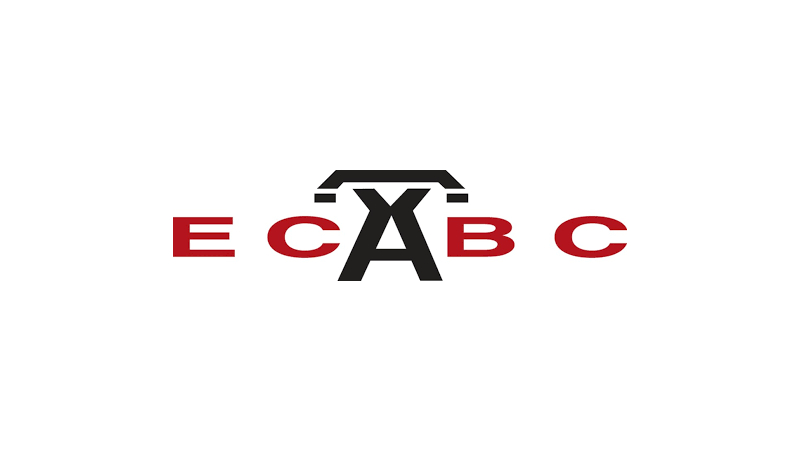Investments in Skilled Trades Needed to Support Housing and Climate Infrastructure

March 24, 2023
Vancouver, BC – BC Budget 2023 includes strong investment in public infrastructure, but needs strategic spending on training and supports for electrical workers and other in-demand trades in order to ensure projects get built on time and on budget, says the Electrical Contractors Association of British Columbia.
The budget includes $37.5 billion in capital spending over three years, which will drive significant activity for the construction sector.
Future Ready, the province’s training plan, is expected to be released later this year, and has been allocated $480 million over three years in the budget. An additional $58 million is also being targeted to speed up foreign credential recognition for professionals, which could provide more immediate assistance to the ongoing skills shortage, which is already challenging the construction sector and the labour market.
“ECABC looks forward to seeing the full details of the Future Ready plan. Focused investment in electrical apprentices is essential to ensure BC can build the infrastructure projects identified in today’s budget,” said ECABC President Matt MacInnis. “We support the government’s housing and climate change targets, but there needs to be a corresponding commitment to supporting the trades, including electrical contractors who play a critical role in many projects. A strong emphasis on trades training will provide the high-skilled, high-paid jobs we need to build the future British Columbia we all want.”
The Province continues to promote the transition to zero emission vehicles, including $40 million in the budget to subsidize non-profit organizations and public entities switching to ZEVs, including medium- and heavy-duty trucks.
“Electrifying our transportation network – for both personal and commercial vehicles – is an important step forward in reducing emissions,” said MacInnis. “Continued investment in charging infrastructure and incentives is necessary to demonstrate that ZEVs are financially and practically viable. It’s also important to ensure that the individuals who are installing and maintaining charging stations are appropriately trained to do this work effectively and safely.”
The Homes for BC plan will be released this spring, an update on the Province’s previous 30-point plan. ECABC joins other construction sector associations in calling on the government to ensure that prompt payment legislation is included in the updated plan to provide payment certainty for the construction sector, and help manage building costs.











![Guide to the Canadian Electrical Code, Part 1[i], 26th Edition– A Road Map: Section 56](https://electricalindustry.ca/wp-content/uploads/2022/11/Guide-CE-Code-2.png)



